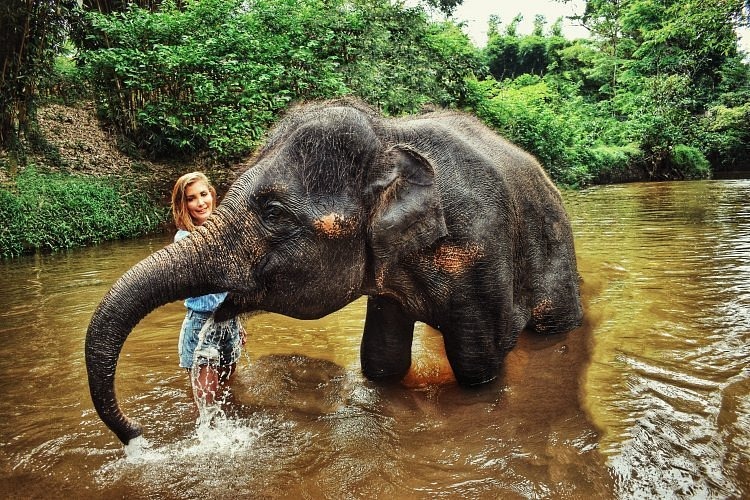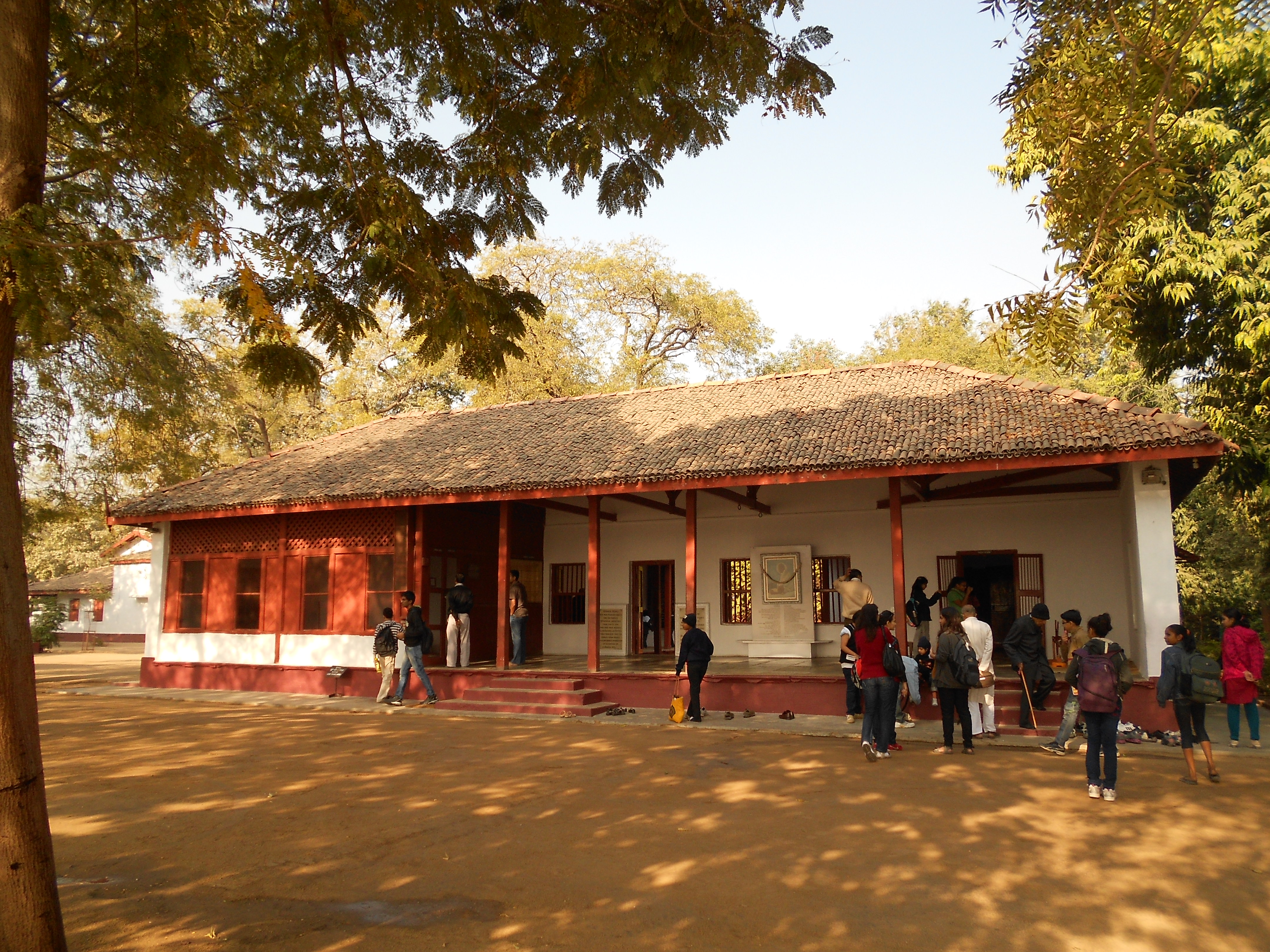Elephant Sanctuaries in Thailand: A Haven for Gentle Giants

Strong 8k brings an ultra-HD IPTV experience to your living room and your pocket.
Thailand is renowned for its rich biodiversity, breathtaking landscapes, and deep cultural connection with elephants. Over the years, concerns over unethical elephant tourism have led to the rise of ethical elephant sanctuaries in Thailand. These sanctuaries provide a haven for elephants rescued from exploitative environments, offering them a chance to live freely and peacefully. This article explores the significance of these sanctuaries, their impact on elephant welfare, and the best places to visit for an ethical elephant experience.
The Need for Elephant Sanctuaries in Thailand
For centuries, elephants have played a vital role in Thai culture, initially as war animals and later in logging and tourism industries. However, with the banning of logging in 1989, many captive elephants were left without jobs, leading to their use in the tourism industry for elephant rides and performances. Unfortunately, these activities often involve cruel training methods, unnatural living conditions, and physical abuse.
In response, ethical elephant sanctuaries in Thailand emerged, focusing on rehabilitation, conservation, and education. These sanctuaries prioritize the well-being of elephants, providing them with natural environments, proper veterinary care, and a life free from exploitation. Visitors to these sanctuaries can observe and interact with elephants in ethical ways, such as feeding, walking alongside them, or observing them from a distance as they roam freely.
Ethical Elephant Sanctuaries in Thailand
Several ethical elephant sanctuaries in Thailand have gained international recognition for their dedication to elephant welfare. Here are some of the most notable ones:
1. Elephant Nature Park (Chiang Mai)
Elephant Nature Park (ENP) is one of the most famous elephant sanctuaries in Thailand, founded by Lek Chailert, a well-known elephant conservationist. Located in Chiang Mai, ENP rescues elephants from circuses, logging camps, and tourism industries, providing them with a safe and loving home. Visitors can observe elephants socializing, bathing in the river, and enjoying their natural habitat. The sanctuary also focuses on community outreach, dog and cat rescues, and reforestation projects.
2. Boon Lott’s Elephant Sanctuary (Sukhothai)
Boon Lott’s Elephant Sanctuary (BLES) in Sukhothai is a smaller, more intimate sanctuary that limits the number of visitors to ensure minimal stress for the elephants. BLES provides a peaceful retirement home for rescued elephants, allowing them to roam freely in their natural surroundings. Unlike traditional tourist attractions, BLES does not allow elephant riding or forced interactions, ensuring a completely ethical experience.
3. Phuket Elephant Sanctuary (Phuket)
Phuket Elephant Sanctuary is the first ethical elephant sanctuary in Phuket, offering a refuge for elderly and overworked elephants previously used in trekking and entertainment. The sanctuary provides large forested areas where elephants can roam, forage, and socialize. Visitors can learn about the individual histories of each elephant and participate in activities like preparing food and observing their natural behaviors.
4. Samui Elephant Sanctuary (Koh Samui)
Samui Elephant Sanctuary follows ethical practices similar to ENP, offering a safe home for rescued elephants on Koh Samui. The sanctuary focuses on education, allowing visitors to learn about elephant conservation while watching these gentle giants roam freely. This sanctuary is an excellent option for travelers visiting Thailand’s southern islands.
5. Wildlife Friends Foundation Thailand (Phetchaburi)
Wildlife Friends Foundation Thailand (WFFT) operates an elephant sanctuary along with a broader wildlife rescue center. Located in Phetchaburi, the organization rescues abused and injured animals, providing rehabilitation and long-term care. Visitors can support the sanctuary by volunteering or participating in educational tours that promote ethical wildlife tourism.
What to Expect When Visiting an Elephant Sanctuary
When visiting ethical elephant sanctuaries in Thailand, expect a unique and heartwarming experience. These sanctuaries prioritize the well-being of elephants, which means there are no performances, rides, or forced interactions. Instead, visitors can:
Observe elephants in their natural habitat – Watch elephants roam freely, socialize, and bathe in rivers or mud pits.
Prepare and feed elephants – Some sanctuaries allow visitors to help prepare food and hand-feed the elephants.
Walk alongside elephants – Instead of riding elephants, guests can walk with them in a jungle setting.
Learn about conservation efforts – Many sanctuaries provide educational programs about elephant welfare and conservation challenges.
The Impact of Elephant Sanctuaries in Thailand
The rise of ethical elephant sanctuaries in Thailand has significantly improved elephant welfare, shifting public perception towards more humane treatment. These sanctuaries have helped rescue and rehabilitate many elephants while educating tourists about the importance of responsible wildlife tourism. Additionally, they provide employment opportunities for local communities, offering an alternative to exploitative elephant tourism.
However, challenges remain. Some establishments falsely market themselves as "sanctuaries" while still allowing elephant rides and performances. Travelers must research and choose truly ethical sanctuaries that prioritize elephant welfare over profit.
How to Choose an Ethical Elephant Sanctuary
To ensure you are supporting a legitimate elephant sanctuary in Thailand, consider the following:
No riding, performances, or tricks – Ethical sanctuaries do not allow any activities that exploit elephants.
Natural behavior is encouraged – Elephants should be free to roam, interact, and engage in natural activities.
Transparent policies – The sanctuary should provide clear information on how they care for their elephants.
Rehabilitation and rescue focus – The primary mission should be to rescue and rehabilitate elephants rather than profit from tourism.
Positive reviews from conservation groups – Look for endorsements from wildlife conservation organizations.
Conclusion
Elephant sanctuaries in Thailand play a crucial role in protecting and rehabilitating elephants that have suffered in captivity. These sanctuaries offer ethical alternatives to traditional elephant tourism, allowing visitors to experience the beauty of these gentle giants in a humane and responsible way. By choosing ethical sanctuaries, travelers can contribute to elephant conservation while enjoying a meaningful and unforgettable experience.
Whether you visit Chiang Mai, Phuket, Koh Samui, or Sukhothai, ethical elephant sanctuaries in Thailand offer a chance to witness these majestic creatures living freely and happily. By supporting these sanctuaries, you help ensure a brighter future for Thailand’s elephants.
Note: IndiBlogHub features both user-submitted and editorial content. We do not verify third-party contributions. Read our Disclaimer and Privacy Policyfor details.







